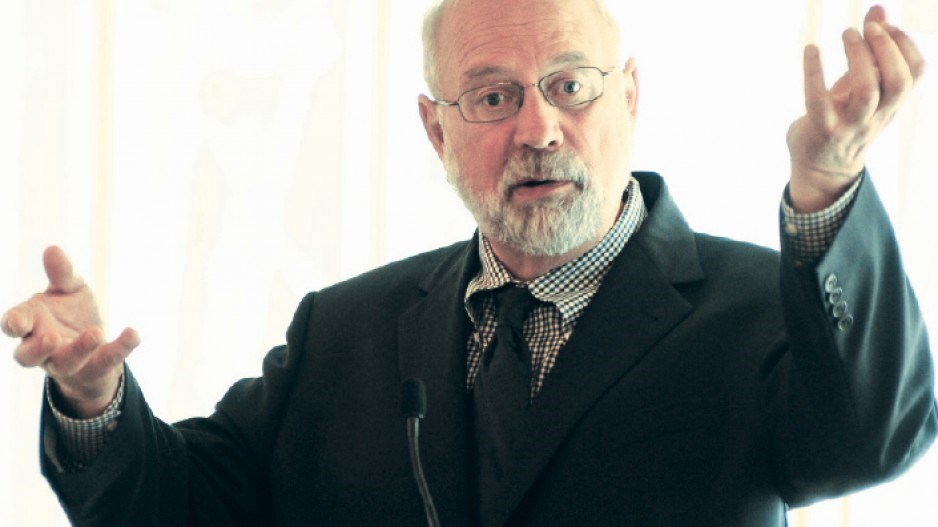An increasing number of pension administrators are facing the collapse of retirement plans as their bets for stronger returns over the past decade have failed to deliver.
At a recent CFA Vancouver lunch, Barton Waring, former chief investment officer at Barclays Global Investors, noted that many firms face having to provide hundreds of millions of dollars in extra contributions over the next few years to compensate for lower-than-expected returns for their employees’ defined-benefit (DB) pension plans.
“The size of the underfunding is such that even if you amortize over long periods, the real contribution rate has to go up by a factor of two, three or even four, depending on how bad it is,” Waring said. “That’s more than most sponsors can afford to pay.”
Pension plans of several major North American companies have suffered as plan sponsors have gone bankrupt or been forced into creditor protection because of heavy debts.
Waring noted the problem will only get worse, especially in the U.S., as various levels of government consider bankruptcy. Last June, California’s San Bernardino, Mammoth Lakes and Stockton cities declared bankruptcy. A Citigroup report raised concerns that Fresno might be next.
Waring noted that most DB plans are underwater because of the aggressively optimistic investment return assumptions that have affected pension plan discount rates, which are used to estimate future value of pension assets.
“People seem to think that it’s important to use a higher discount rate so they can justify reduced contributions today. But … over time that introduces a tremendous amount of contribution volatility.”
While most pension plans base their assumptions on a long-term average rate of return, Waring said expecting that return to generate enough funds to provide future pension obligations has been a dangerous gamble (see sidebar).
“There’s an assumption that markets always come out on average to the expected level, but economists have always known that not to be true. It wanders, and you can have quite long periods of disappointing returns.”
Waring noted that countries with expectations of higher returns also have a higher proportion of assets in equities, which increases their risk.
A 2011 Canadian Institutional Investment Network report found that Canada’s pension plans have invested between 44% and 49.8% of their assets in equities and only 26.3% to 33.3% in fixed income investments. The rest is in alternative investments and cash.
“We’ve seen these plans going more and more into equities because they’ve been trying to recover. But the Hail Mary pass isn’t working, because this period of increasing [investments] in equities has also been the period where markets are underperforming.”
Waring said pension plans should have been using the long-term government bond rate as their discount rate. Companies would then have had to provide a bigger pool of assets for pension benefits, but volatility in annual contributions would have been eliminated and plans kept solvent.
Waring admitted there’s little that can be done to save DB plans that are severely underwater. Plan sponsors can only hope for interest rates to rise again to between 6% and 8%. Otherwise, employees and plan sponsors will need to negotiate new pension terms.
In some cases, he said, it’s better for employees to renegotiate benefit terms than risk pushing a company into bankruptcy to eliminate its pension liability.
“The most stingy defined-benefit plan is better than the most generous defined-contribution plan,” he said. “Defined-benefit plans are by far the most efficient way of taking part of an employee’s lifetime earnings and postponing it for their retirement.
“They provide a tremendous social good. But by allowing this type of mismanagement, we’re threatening the very existence of the DB plan institution.”
Investment returns still falling after economic crisis
The shockwaves of the 2008 financial crisis and the persistent economic uncertainty caused by the sovereign debt crisis in Europe and the U.S. have continued to keep investment returns below historical norms. As a result, pension plans have faced growing obligations as actuarial assumptions become increasingly conservative as the reality of lower returns sets in.




